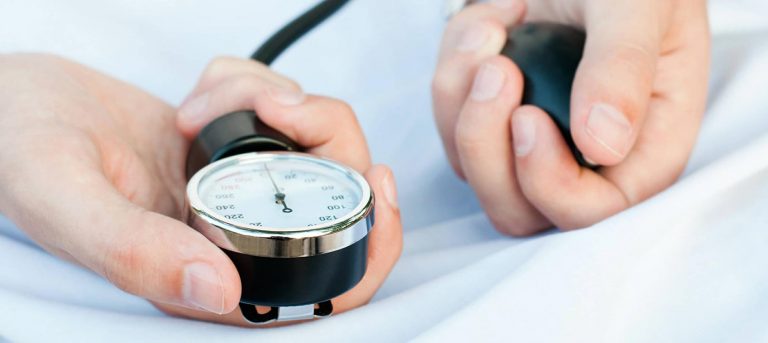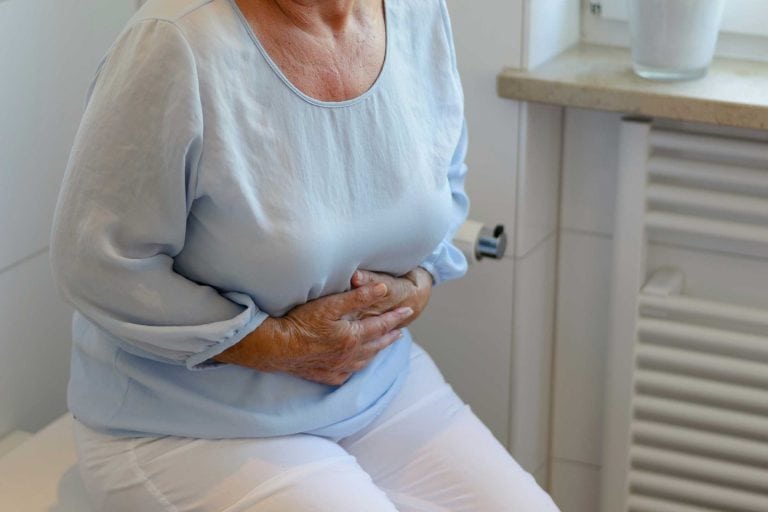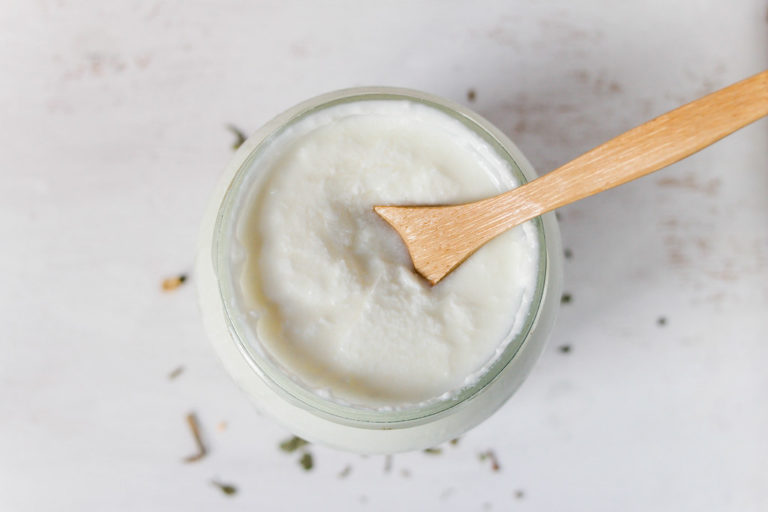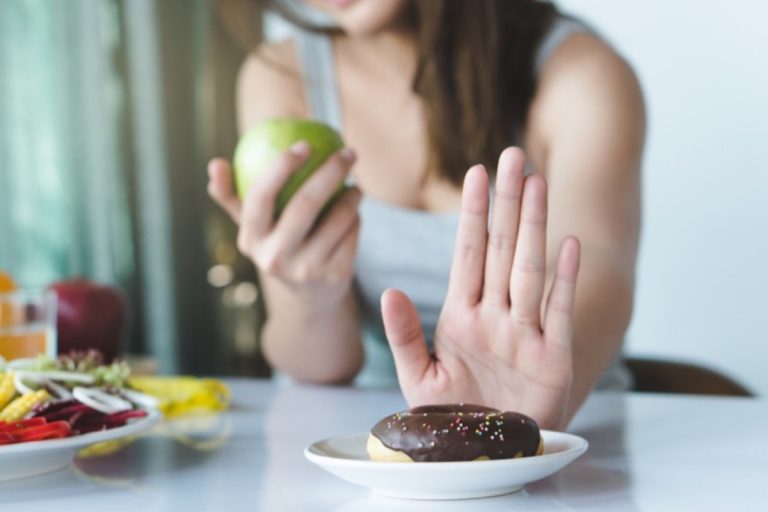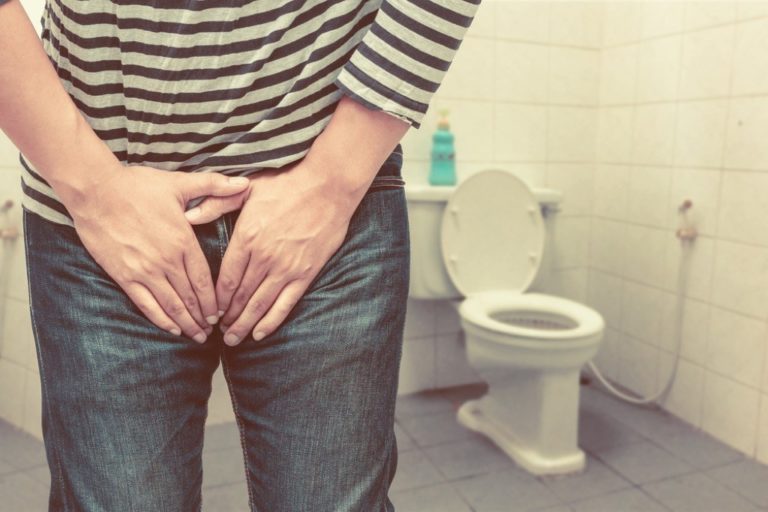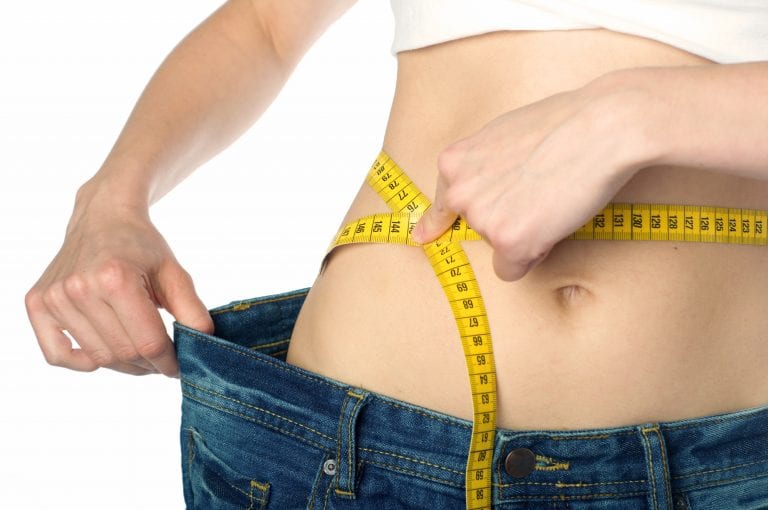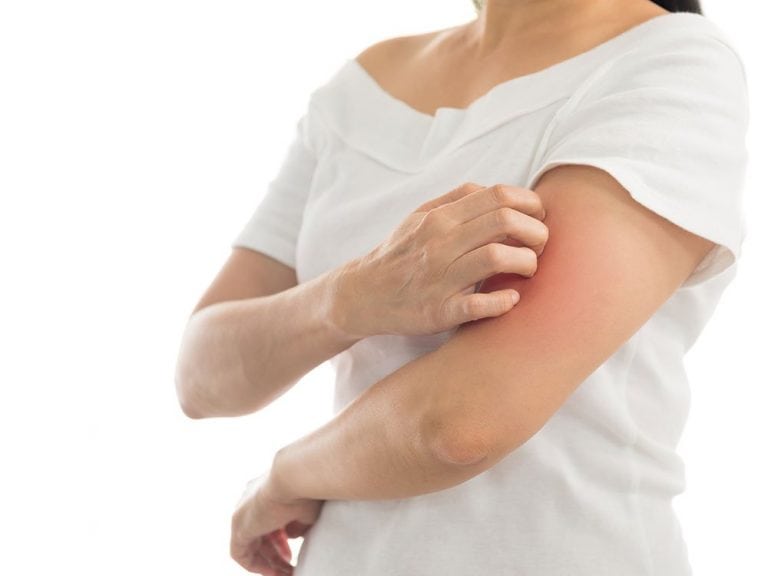
When it comes to nutrients, vitamin K isn’t one we hear a lot about, but it’s an important one. There are two primary types of vitamin K: vitamin K1 and vitamin K2. “Vitamin K1 plays an important role in blood clotting, while K2 is more important for bone health, regulation of cell growth, and prevention of calcification of the arteries—a contributing factor to heart disease,” says Erica Julson, MS, RDN, CLT, a dietitian in Los Angeles.
Up to 31 percent of the general adult population may be insufficient in vitamin K, according to a study in Nutrients. To avoid a vitamin K deficiency, eat foods high in vitamin K1, including leafy green veggies, broccoli, edamame, pumpkin, and pomegranate juice and those high in vitamin K2, including dark-meat chicken, goose liver, beef liver, butter, and cheese (from grass-fed cows), egg yolks, and pork if the animals’ feed had a synthetic form of vitamin K added to it.
It can also be found in certain fermented foods like hard aged cheeses and natto, a Japanese food made from fermented soybeans. Get your fill of vitamin K by whipping up a vanilla smoothie, a healthy broccoli slaw salad, or liver and onions.
Vitamin K is a fat-soluble vitamin, so you’ll best absorb it in a fat-containing meal. Women ages 19 and older need 90 micrograms of vitamin K per day, and men ages 19 and older require 120 micrograms daily.
Most people get enough vitamin K daily, per the National Institutes of Health (NIH). But it is possible to become deficient in vitamin K, depending on what you’re eating.
Here are the top six signs of vitamin K deficiency:
Your cuts aren’t clotting—or you’re bleeding excessively
When your wounds don’t clot quickly, you can lose a dangerous amount of blood—and your risk of death from injuries increases, according to a report by the University of Florida. “Warning signs may include heavy menstrual periods, nose bleeds, blood in the urine or stool, and bleeding gums,” says Julson. Vitamin K acts in sync with an enzyme required for the synthesis of prothrombin, a protein involved in blood clotting, explains Cheryl Buckley, MBA, MS, RDN, a dietitian in Hoboken, New Jersey.
You’re losing bone strength
Vitamin K can play a role in bone health—and some research connects taking in a greater amount of vitamin K with a higher bone mineral density and a lower risk of lower hip fracture, per the NIH. “Insufficiency occurs when the body doesn’t have enough vitamin K to optimally support functions like bone and heart health,” says Julson.
You’re having heart issues
“When vitamin K levels are low, calcium may be deposited in soft tissues like the arteries, instead of the bones,” says Julson. This may not only contribute to weak bones; vascular calcification is a risk factor for coronary heart disease. People with chronic kidney disease have a significantly higher risk of vascular calcification.
You have arthritis symptoms
When vitamin K levels drop too low and you have a vitamin K deficiency, your bone and cartilage may not get all the minerals they need. This can lead to a higher risk of osteoarthritis—although research in this area is still preliminary, per a review study in the Journal of Nutrition and Metabolism.
You have celiac disease or another GI disorder
People who have certain gastrointestinal disorders or malabsorption syndromes may have problems properly absorbing vitamin K. These conditions include cystic fibrosis, ulcerative colitis, chronic pancreatitis, inflammatory bowel disease, short bowel syndrome, and obstruction of the bowel duct. If you’ve had bariatric surgery, you also have a higher risk of vitamin K deficiency. Talk with your doctor about if you’re at risk for vitamin K deficiency and if you should take a vitamin K supplement.
You’re taking antibiotics
On a current dose of antibiotics? Cephalosporin antibiotics such as Cefobid may destroy the bacteria in the gut that produces vitamin K. If you’re on these antibiotics for more than a few weeks, you may want to consider taking a supplement.



